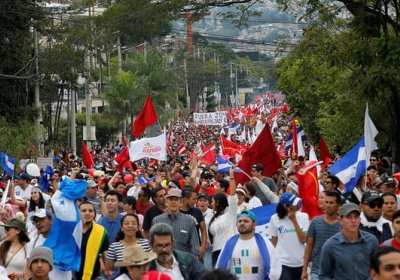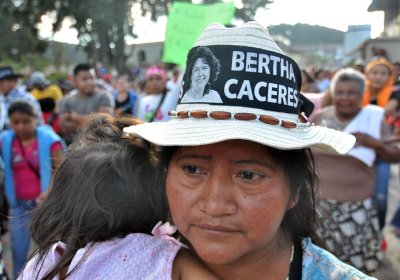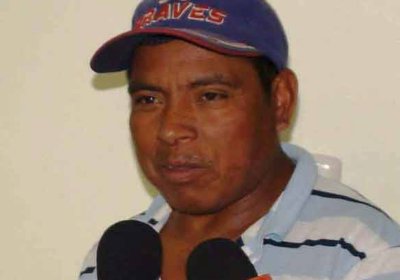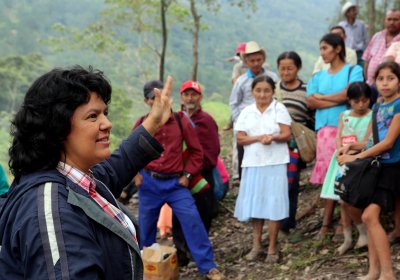The US State Department has endorsed the outcome of the November 26 elections in Honduras, which was surely the most farcical electoral process in recent history.
The elections were organized by US-backed dictator Juan Hernandez in hopes of polishing his image. He ran against Salvador Nasralla, the candidate of the Alliance to Oppose the Dictatorship.











 Protesters demand justice for murdered Indigenous environmentalist leader, Berta Caceres.
Protesters demand justice for murdered Indigenous environmentalist leader, Berta Caceres.